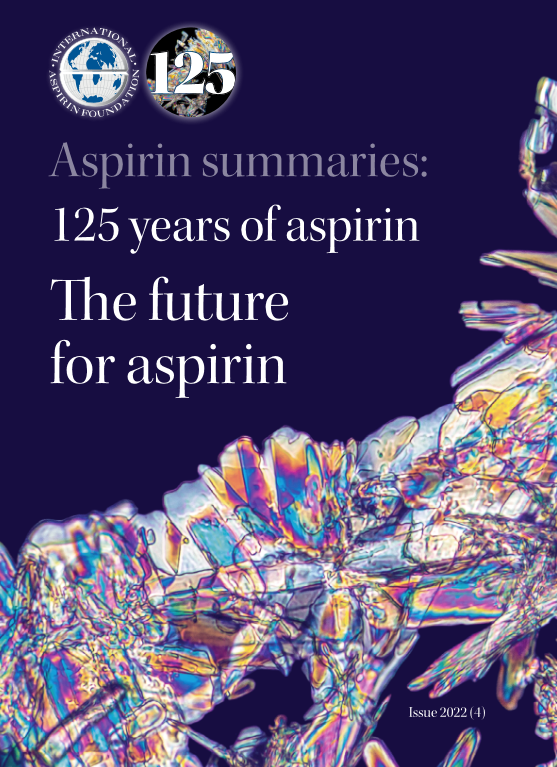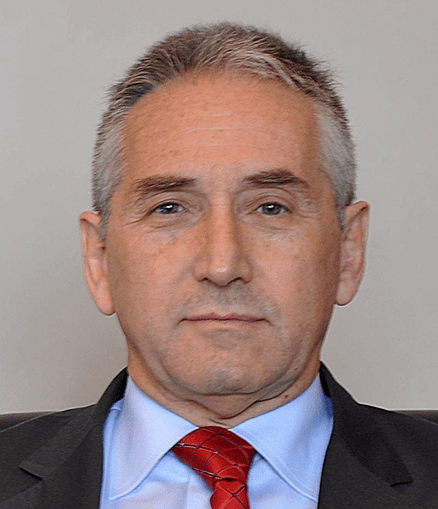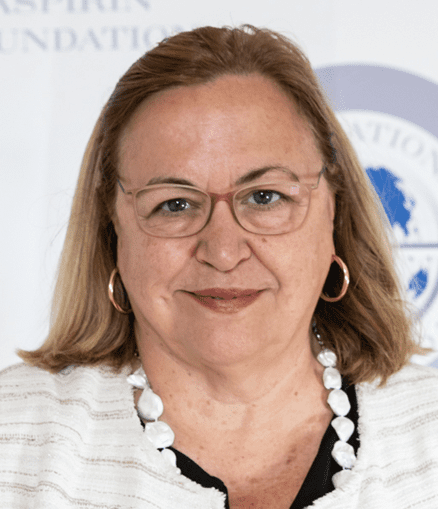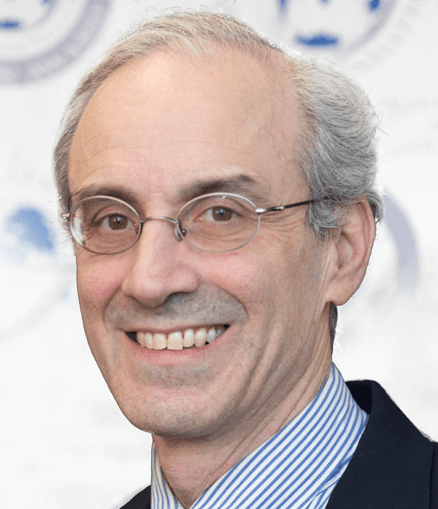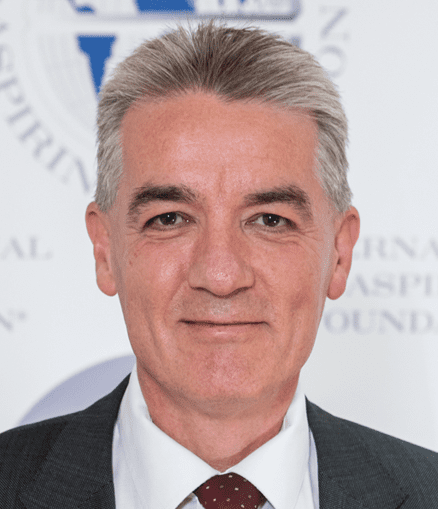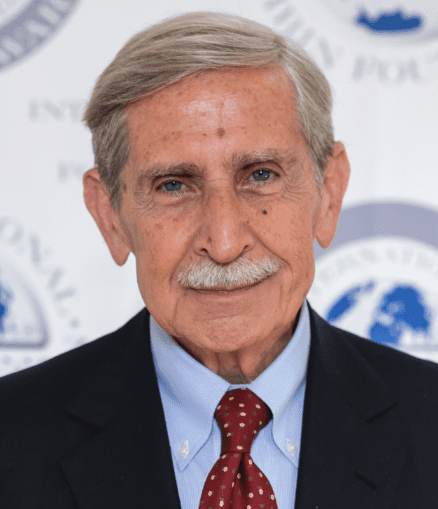Aspirin Summaries : 125 Years of aspirin (Issue 4) : The future for aspirin
This issue celebrates the continuing research interest in aspirin and gives a taste of potential developments in the role aspirin may play in future healthcare. A search of recruiting and not yet recruiting trials on the U.S National Library of Medicine Clinical
Trials.gov platform gives over 170 trials for aspirin. This is very active for a drug 125 years old and to put it into context with other medicines the same search was conducted for clinical trials of some commonly used medications with the following results:
- Betablockers = 60 trials
- Statins = 95 trials
- Paracetamol = 80 trials
- Prednisolone = 79 trials
- Amoxicillin = 31 trails
- Ramipril = 6 trials
- Metformin = 214 trials
Aspirin trials were being organised across USA, Canada, Europe, Asia and Australia with lots of research interest in the US (38 trials), Europe (47 trials) and China (26 trials).
The conditions being studied for aspirin were also diverse and included:
- Coronary Heart Disease (including coronary artery disease, peripheral artery disease and cardiovascular disease in general) = 50 trials
- Cancer prevention and management= 30 trials
- Pregnancy, pre-eclampsia, postpartum = 25 trials
- Neurology including stroke prevention and management = 15 trials
- Surgery (orthopaedic, neurology, gastroenterology) = 5 trials
- Diabetes = 4 trials
- Covid-19 = 4 trials
- Pain = 3 trials
- Renal (chronic kidney disease/renal transplant/kidney stone) = 3 trials
- Tuberculosis = 2 trials
As well as aspirin tolerability and side effects, aspirin exacerbated respiratory disease (AERD); aspirin dosing/formulation, drug interactions, body weight considerations; essential thrombocythemia; NAFLD; sepsis; thyroid; neurodevelopment; COPD; Bipolar disease and depression.
Inflammatory process in many conditions are an attractive target for aspirin therapy. Perhaps, it may be true, that ‘an aspirin a day keeps the doctor away’.
The following is a summary of the design of some of these trials giving a taster of what the future may hold for aspirin if they reach their primary end points.
References
https://www.clinicaltrials.gov/
Renal/Chronic Kidney Disease (CKD)
ClinicalTrials.gov Identifier: NCT03796156
Title: Aspirin to Target Arterial Events in Chronic Kidney Disease (ATTACK)
CKD is linked to an increased risk of having a cardiovascular event. This primary cardiovascular disease (CVD) prevention study aims to explore whether people with CKD could benefit from taking 75mg of aspirin daily to reduce their risk of experiencing a first cardiovascular event.
Recruitment status: Recruiting
First posted: January 8, 2019
Lasted updated post: January 18, 2022
Location: UK
Sponsor: University of Southampton
Phase: 3
Estimated enrolment: 25210 participants from general practice with CKD [stage 5 excluded]
Intervention arm: 75mg low dose non-enteric coated or dispersible once daily aspirin added to usual medication
No intervention arm: Usual medication only
Design: Interventional, randomized, parallel assignment
Estimated primary competition date: December 2025 Estimated study competition date: December 2025
Primary outcome measure: Number of participants with a major vascular event.
ClinicalTrials.gov Identifier: NCT04381143
Title: ASPIrin in Reducing Events in Dialysis (ASPIRED)
Individuals who have kidney failure requiring dialysis also have a much higher risk of developing CVD. For those with end stage kidney disease (ESKD) 58% of all mortality is from a cardiac cause. People with ESKD also have an increased risk of clotting and an increased risk of bleeding. This study aims to test if aspirin can improve outcomes for this population.
Recruitment status: Recruiting
First posted: May 8, 2020
Lasted updated post: January 24, 2022
Location: China
Sponsors and collaborators: Guangdong Provincial People’s Hospital and George Clinical Pty Ltd
Phase: 4
Estimated enrolment: 9000 participants
Intervention arm: Aspirin 100 mg oral tablet daily
No intervention arm: Placebo tablet 1 daily
Design: Interventional randomised, parallel assignment
Estimated primary competition date: July 2025
Estimated study competition date: July 2026
Primary outcome measure: Number of participants with a composite of major cardiovascular events.
Chronic Obstructive Pulmonary Disease (COPD)
ClinicalTrials.gov Identifier: NCT05265299
Title: Trial to determine effective aspirin dose in COPD
COPD treatments currently focus on inhaler therapies for the lungs and do not target the impact of COPD in other body systems. Recent evidence suggests activated platelets, which are involved in inflammatory processes may make respiratory symptoms worse independent of CVD. It is interesting that patients with COPD taking aspirin have been shown to have improved respiratory symptoms, fewer COPD flares and lower mortality. The investigators intend to explore in a larger clinical trial whether aspirin use can improve respiratory symptoms independent of CVD, but this initial study aims to find the best dose of aspirin for blocking platelet activation in this population and to find out if blood or urine tests
can help us understand the response to therapy.
Recruitment status: Not yet recruiting
First posted: March 3, 2022
Lasted updated post: March 3, 2022
Location: USA
Sponsor: John Hopkins University, National Heart, Lung, and Blood Institute (NHLBI)
Phase: 3
Estimated enrolment: 48 participants
Intervention arm: Aspirin 81 mg once daily, aspirin 162mg once daily or aspirin 325 mg once daily
No intervention arm: 0
Design: Interventional, randomised sequential assignment with 6-sequence, 3-period, 3- treatment sequential crossover trial
Estimated primary competition date: December 2026 Estimated study competition date: December 2026
Primary outcome measure: Change in urinary 11-dehydro-thromboxane B2 level – a urinary metabolite of thromboxane A2
Secondary outcome measures: Change in proportion of platelets displaying CD62P, CD63, CD154 and PAC1 at 2, 6 and 10 weeks after stimulation with U46619, a thromboxane A2 agonist.
Nonalcoholic Fatty Liver Disease (NAFLD)
ClinicalTrials.gov Identifier: NCT04031729
Title: Aspirin for the treatment of Nonalcoholic Fatty Liver Disease
Nonalcoholic fatty liver disease (NAFLD) is characterised by fatty infiltration of the liver in the absence of excessive alcohol consumption. NAFLD can develop into inflammatory nonalcoholic steatohepatitis (NASH) which can in turn lead onto liver cirrhosis and failure. In this study aspirin is given to reduce intrahepatic lipid content quantified via 1H magnetic resonance spectroscopy (1H-MRS).
Recruitment status: Recruiting
First posted: July 24, 2019
Lasted updated post: February 24, 2022
Location: USA
Sponsor: Massachusetts General Hospital
Phase: 1 and 2
Estimated enrolment: 80
Intervention arm: Aspirin 81 mg once daily
No intervention arm: Placebo oral tablet once daily
Design: Interventional, randomised parallel assignment
Estimated primary competition date: January 2024
Estimated study competition date: September 2024
Primary outcome measure: Percent intrahepatic lipid content, quantified by 1-H-MRS
Pregnancy/preeclampsia/postpartum
ClinicalTrials.gov Identifier: NCT03961360
Title: Effectiveness of Higher Aspirin dosing for Prevention of preeclampsia in High Risk Obese Gravida (ASPREO)
This study compares aspirin 81 mg dosing with aspirin 162 mg dosing for reducing the incidence of preeclampsia in women with a BMI over 30 with a singleton gestation less than 20 weeks who have either had a history of preeclampsia in a previous pregnancy
or have stage 1 hypertension or pre-gestational diabetes.
Recruitment status: Recruiting
First posted: May 23, 2019
Lasted updated post: June 11, 2021
Location: USA
Sponsor: The University of Texas Health and Science Center, Houston
Phase: 2 and 3
Estimated enrolment: 220 participants
Intervention arm: Aspirin 81 mg or aspirin 162 mg
No intervention arm: 0
Design: Interventional, randomised, parallel assignment
Estimated primary competition date: May 6, 2019 Estimated study competition date: May 1, 2022
Primary outcome measure: Preeclampsia.
Psychiatry
ClinicalTrials.gov Identifier: NCT03152409
Title: Salicylic Augmentation in Depression (SAD)
This study is designed to investigate whether aspirin in conjunction with antidepressant medication can reduce symptoms of depression. The investigators also hope to learn if some people respond better to aspirin than others and if it is possible to predict who these individuals maybe through a blood test.
Recruitment status: Recruiting
First posted: May 15, 2017
Lasted updated post: August 2, 2021
Location: USA
Sponsor: Columbia University
Phase: 2
Estimated enrolment: 74
Intervention arm: Aspirin 325 mg
No intervention arm: Placebo oral tablet
Design: Interventional, randomised, parallel assignment
Estimated primary competition date: December 2022 Estimated study competition date: December 2023
Primary outcome measure: Change in Hamilton Depression score over 8 weeks, change in HDRS score in the treatment versus control groups.
ClinicalTrials.gov Identifier: NCT05035316
Title: Effects of low Dose aspirin in bipolar disorder (The A-Bipolar RCT)Bipolar disease (BD) is now being understood to be a multisystem disorder with abnormalities of inflammation, oxidative stress imbalance, neurotrophic deficiencies and telomere shortening. Due to the role of inflammation in BD it is proposed that aspirin may be protective against the onset and deterioration in BD. This randomised controlled trial seeks to explore the risk benefit for aspirin and clarify its role in the different stages of BD. The investigators have developed a unique smart phone mood self-assessment tool, the Monsenso system, for monitoring, diagnosing and treating BD, they intend to use this to assess whether adding low dose aspirin to standard drug treatment improves
mood stabilisation.
Recruitment status: Recruiting
First posted: September 5, 2021
Lasted updated post: April 8, 2022
Location: Denmark
Sponsor: Lars Vedal Kessing
Phase: 2
Estimated enrolment: 250 participants
Intervention arm: Aspirin 150 mg 1 tablet daily
No intervention arm: Placebo (blinded) calcium tablet
Design: Intervention, randomised, double-blinded,parallel assignment
Estimated primary competition date: January 2024
Estimated study competition date: January 2024
Primary outcome measure: Daily self-reported mood instability collected via the Monsenso system at 6 months (and 12 months for subgroup of participants).
Post-surgical venous thromboembolism prophylaxis
ClinicalTrials.gov Identifier: NCT05104229
Title: SAVES-IBD:Safety and efficacy of aspirin vs.standard of care for VTE prophylaxis after IBD surgery (SAVES-IBD) Individuals undergoing surgery for inflammatory bowel disease are at increased risk of developing a venous thromboembolism (VTE) such as a deep vein thrombosis (DVT), pulmonary embolism (PE) and mesenteric vein thrombosis in the 90 days following surgery. Current standard of care is heparin whilst in hospital only. A large, randomised trial with over 3000 patients undergoing hip or knee replacement has found that aspirin 81 mg twice daily post discharge was equivalent to anticoagulant prophylaxis with a factor Xa inhibitor. The aim of this study is to assess the efficacy and safety of a post IBD surgery 30-day regimen of aspirin 81 mg twice daily for 30 days compared with standard of care.
Recruitment status: Not yet recruiting
First posted: November 2, 2021
Lasted updated post: February 8, 2022
Location: USA
Sponsor: The Cleveland Clinic
Phase: 3
Estimated enrolment: 1890
Intervention arm: Aspirin 81 mg Enteric coated tablet twice daily starting the day after surgery until hospital discharge and then for 30 days
No intervention arm: Standard of care VTE prophylaxis
Design: Inverventional, prospective, multicentre, parallel assignment, open label
Estimated primary competition date: May 2023
Estimated study competition date: January 2024
Primary outcome measure: VTE rate 30 days after discharge following surgery for IBD.
ClinicalTrials.gov Identifier: NCT04295486
Title: Optimal dosing for low-dose aspirin chemoprophylaxis for VTE following total joint arthroplasty The aim of this study is to find out if aspirin 81 mg once daily is as effective as 81 mg twice daily for preventing VTE after total joint replacement surgery.
Recruitment status: Recruiting
First posted: March 4, 2020
Lasted updated post: March 29, 2022
Location: USA
Sponsor: University of Miami
Phase: 2
Estimated enrolment: 5478
Intervention arm: 81 mg aspirin non-enteric coated tablet once daily from the night before surgery until 28 days post-surgery No intervention arm/comparator arm: 81 mg non- enteric coated aspirin tablet from the night before surgery and then morning and night until 28 days post-surgery
Design: Interventional, randomised, parallel assignment open label
Estimated primary competition date: May 1, 2023
Estimated study competition date: May 1, 2023 Primary outcome measure: incidence of symptomatic thromboembolic events (PE and VTE) over 90 days.

